Related products
-
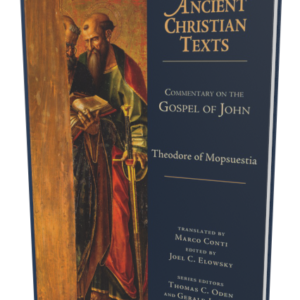
ACT: Commentary on John (2 Volumes) (Cyril of Alexandria)
$109.00 Add to cart -
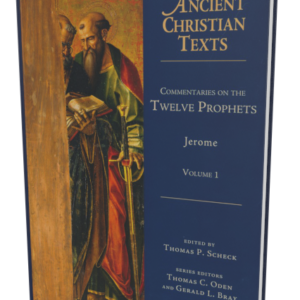
ACT: Commentaries on the Twelve Prophets (2 Volumes) (Jerome)
$109.00 Add to cart -
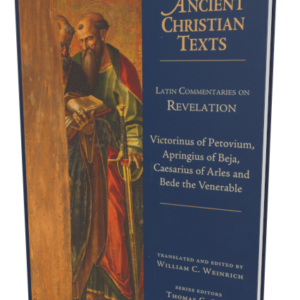
ACT: Latin Commentaries on Revelation
$54.90 Add to cart -
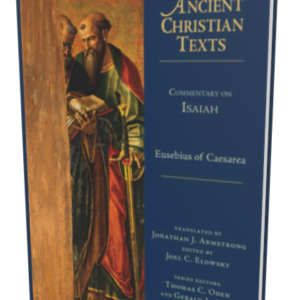
ACT: Commentary on Isaiah (Eusebius of Caesarea)
$54.90 Add to cart -
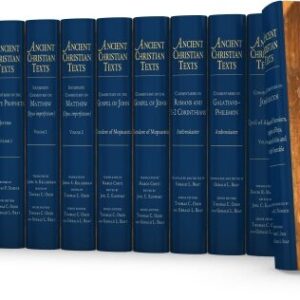
Ancient Christian Texts (15 Volumes)
$759.00 Add to cart
Reviews
There are no reviews yet.
Be the first to review “ACT: Commentary on the Gospel of John (Theodore of Mopsuestia)” Cancel reply


ACT: Commentary on the Gospel of John (Theodore of Mopsuestia) / January 01, 2010
Requires Accordance 10.4 or above.
For even more information, see this release announcement.
Theodore of Mopsuestia, born in Antioch (c. 350) and a disciple of Diodore of Tarsus, serves as one of the most important exemplars of Antiochene exegesis of his generation. Committed to literal, linguistic, grammatical, and historical interpretation, he eschewed allegorical explanations that could not be supported from the text, though he was not averse to typological interpretations of Old Testament texts that were supported by the New.
Regrettably, Theodore was dragged posthumously into the Nestorian controversy, and his works were condemned by the Three Chapters and the Council of Constantinople in 553. As a result many of his theological and exegetical works were lost or destroyed. The original Greek version of his Commentary on the Gospel of John remains only in fragments. This new English translation is based on an early complete Syriac translation dated A.D. 460-465, within forty years of Theodore’s death in 428.
While charges of heterodoxy against Theodore may not be entirely justified, there remains an apparent dualism in his Christology that should be critically viewed in light of the later Chalcedonian formula. With this caution, there still remains much that is valuable for contemporary readers, whether preachers, students, or lay people interested in the early church’s understanding of the Gospel of John.
Here for the first time is a complete English translation of this valuable work, ably translated by Marco Conti and edited by Joel C. Elowsky.
About This Series:
Ancient Christian Texts is a series of new translations of full-length commentaries and sermons based on biblical books or extended scriptural passages by early church leaders like Ambrosiaster, Origen, Cyril of Alexandria and many others, most of which are presented in English for the first time. With today’s best scholarship, the Ancient Christian Texts provides you with the resources you need to study for yourself the key writings of the early church in a way never before possible.
Discover for yourself the wisdom of the ancients.
Product Details